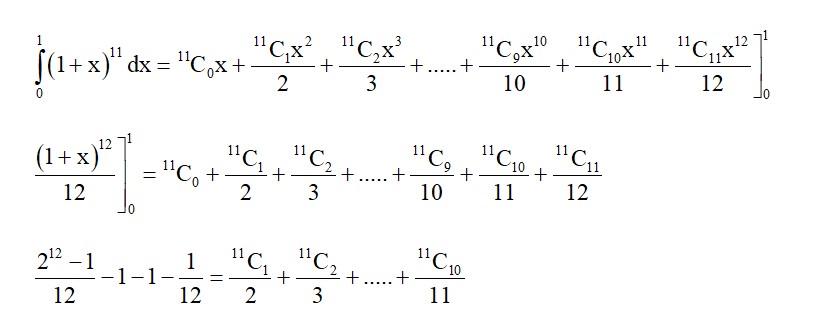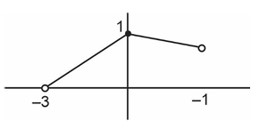For all twice differentiable functions f: R → R, with f(0) = f(1) = f'(0) = 0,
For all twice differentiable functions f: R → R, with f(0) = f(1) = f'(0) = 0,
Applying Rolle's theorem in for function f (x), there exists c such that f' (c) = 0, c ∈ (0,1).
Again applying Rolle's theorem in [0, c] for function f' (x), there exists c? such that f' (c? ) = 0, c? ∈ (0, c).
Option A is correct.
Similar Questions for you
...(1)
–2α + β = 0 …(2)
Solving (1) and (2)
a =
Variance =
α2 + β2 = 897.7 × 8
= 7181.6
Start with
(1)
(2)
(3) GTE : 4!, GTN: 4!, GTT : 4!
(4) GTWENTY = 1
⇒ 360 + 60 + 60 + 24 + 24 + 24 + 1 = 553

->g(x) = |x|, x Î (–3, 1)

Range of fog(x) is [0, 1]
Range of fog(x) is [0, 1]
Taking an Exam? Selecting a College?
Get authentic answers from experts, students and alumni that you won't find anywhere else.
On Shiksha, get access to
Learn more about...

Maths Ncert Solutions class 11th 2026
View Exam DetailsMost viewed information
SummaryDidn't find the answer you were looking for?
Search from Shiksha's 1 lakh+ Topics
Ask Current Students, Alumni & our Experts
Have a question related to your career & education?
See what others like you are asking & answering

